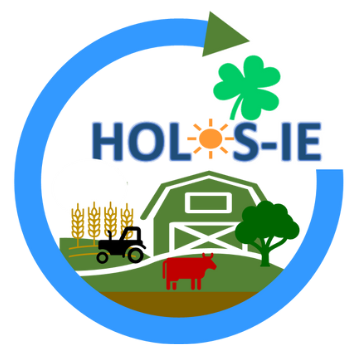Virtual Poster Exhibition
DrIbrahimKhalil
Overview
Aligning with national and EU Climate Action Plans, this project is dedicated to achieving carbon-neutral farming by 2050. The primary challenge arises from the complexity and variability of the agricultural sector, demanding labour-intensive measurements to assess greenhouse gas (GHG) emissions and carbon footprints from individual farms to the national scale. The core objectives are to ensure data accessibility and promote interdisciplinary collaboration for systems-based research to reduce environmental footprint and enhance offsetting options. To address the limitations of existing models, the project introduces the comprehensive systems-based “HOLOS-IE” digital platform using state-of-the-art methodologies/approaches such as programming languages, GIS, API, and AI. It involves key steps: gathering and integrating databases, algorithms, response functions, and emissions factors, creating land use-specific and agri-food value chain frameworks and modules, generating a unified map combining soil, climate, and land cover data, and providing access to these components through the ‘HOLOS-IE’ digital platform. The project has engaged with over 70 stakeholders, including farmers, and is actively developing agroforestry and bioeconomy modules for integration into the HOLOS-IE platform. Future plans include additional modules for agrobiodiversity, peatlands, and agri-food value chains. The project envisions creating an EU platform, “HOLOS-EU,” to accommodate diverse geographical regions and climate variations. This could offer a comprehensive solution that enables precise simulation of GHG emissions, nutrient losses, carbon sequestration, energy use, production, and profitability. The user-friendly platform will benefit farmers, advisors, researchers, agri-food industries, and national inventory teams, promoting collaboration to address climate change, enhance ecosystem services, and support sustainable agricultural practices.
